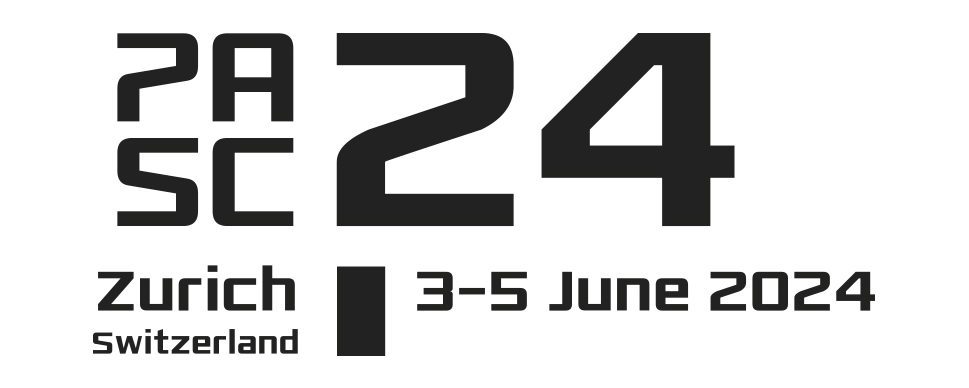Session
| 11:30 - 12:00 CEST | Adaptively Coupled Multiphysics Simulations with Trixi.jl | |
| 12:00 - 12:30 CEST | GPU4GEO: Frontier GPU Multiphysics Solvers Using Julia | |
| 12:30 - 13:00 CEST | Enhancing GPU-Accelerated Scientific Computing in Julia with Ginkgo.jl | |
| 13:00 - 13:30 CEST | Advanced HPC Workflows for Urgent and Interactive Computing Using Julia |

